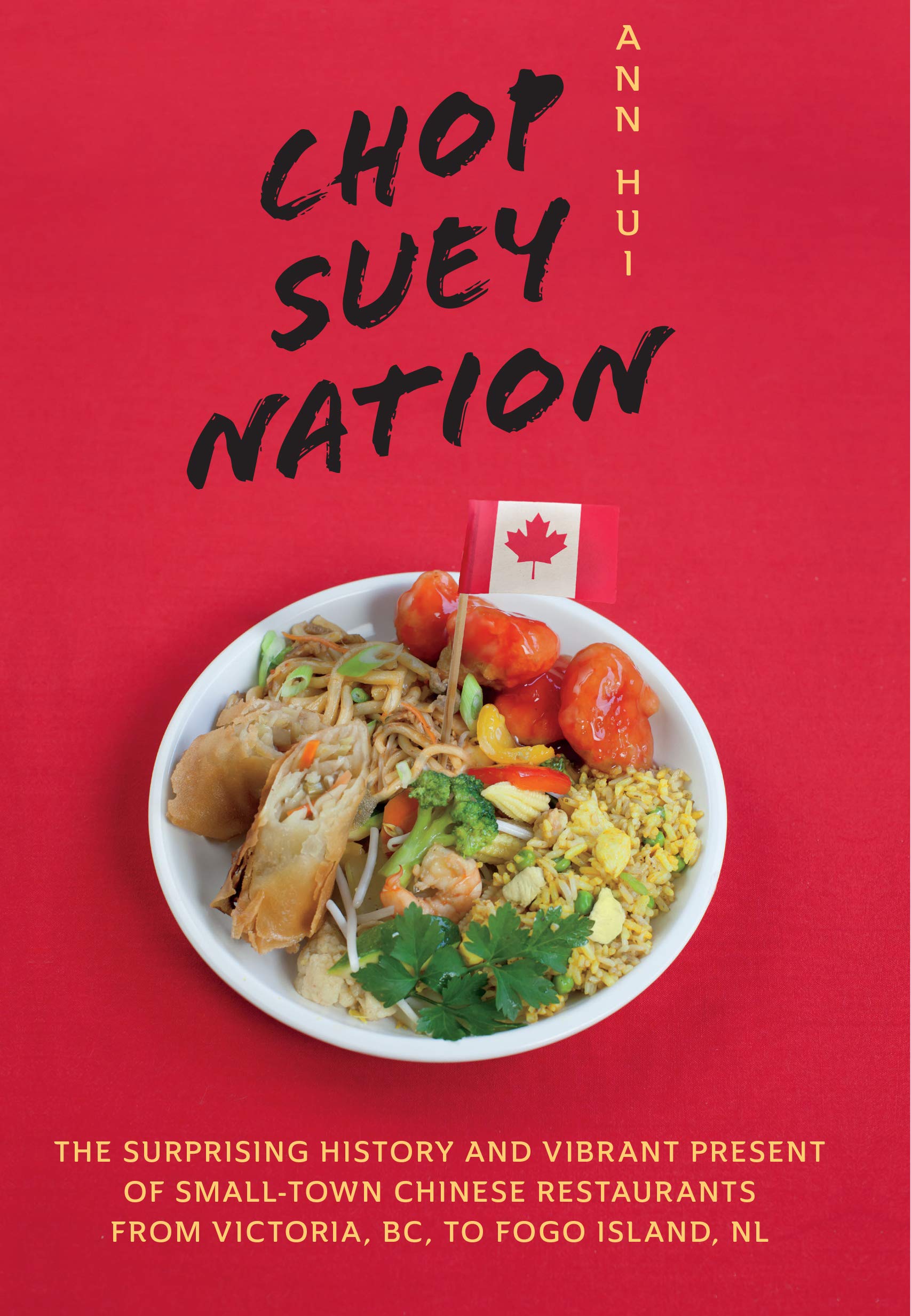-
Shop
- Back
- Shop
- Pre-Order Books
- New Releases
- Vintage Books
- Sale Books
- Children's
- Shop All
- Vintage Menus
- Risographs
- Aprons & Totes
- Moulds
- Gift Cards
- Americas
- Art & Design
- Asia & Oceania
- Europe
- Jewish
- Middle Eastern & African
- Baking & Sweets
- Drinks
- Food Writing
- Gardening & Preserving
- General & Ingredients
- Health
- Professional
- Technique
- Magazine
- Upcoming Events
- About Us
- Cookbook Club
-
Shop
- Pre-Order Books
- New Releases
- Vintage Books
- Sale Books
- Children's
- Shop All
- Vintage Menus
- Risographs
- Aprons & Totes
- Moulds
- Gift Cards
- Americas
- Art & Design
- Asia & Oceania
- Europe
- Jewish
- Middle Eastern & African
- Baking & Sweets
- Drinks
- Food Writing
- Gardening & Preserving
- General & Ingredients
- Health
- Professional
- Technique
- Magazine
- Upcoming Events
- About Us
- Cookbook Club



Chop Suey Nation: The Legion Cafe and Other Stories from Canada's Chinese Restaurants (Ann Hui)
Chop Suey Nation: The Legion Cafe and Other Stories from Canada’s Chinese Restaurant sweaves together Hui’s own family history―from her grandfather’s decision to leave behind a wife and newborn son for a new life, to her father’s path from cooking in rural China to running some of the largest “Western” kitchens in Vancouver, to the unravelling of a closely guarded family secret―with the stories of dozens of Chinese restaurant owners from coast to coast. Along her trip, she meets a Chinese-restaurant owner/small-town mayor, the owner of a Chinese restaurant in a Thunder Bay curling rink, and the woman who runs a restaurant alone, 365 days a year, on the very remote Fogo Island. Hui also explores the fascinating history behind “chop suey” cuisine, detailing the invention of classics like “ginger beef” and “Newfoundland chow mein,” and other uniquely Canadian fare like the “Chinese pierogies” of Alberta.
Hui, who grew up in authenticity-obsessed Vancouver, begins her journey with a somewhat disparaging view of small-town “fake Chinese” food. But by the end, she comes to appreciate the essentially Chinese values that drive these restaurants―perseverance, entrepreneurialism and deep love for family. Using her own family’s story as a touchstone, she explores the importance of these restaurants in the country’s history and makes the case for why chop suey cuisine should be recognized as quintessentially Canadian.
